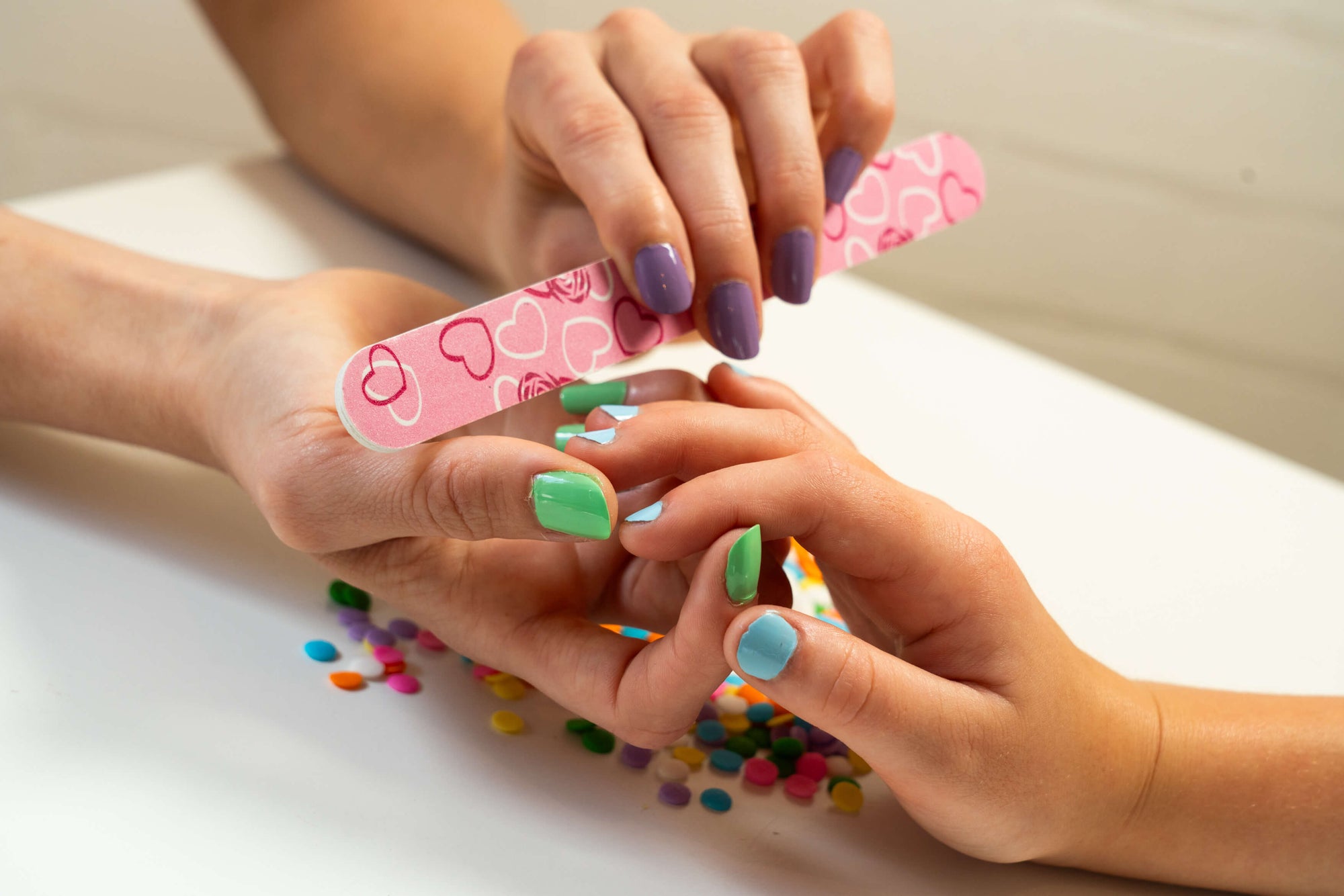

· By Kirsten Segavac
Anxious? Create your Calm
An anxious habit is a repetitive behaviour or action used as a way to cope with or manage feelings of anxiety or stress. These habits are often unconscious or automatic, and while they may provide temporary relief, they don't necessarily address the underlying causes of anxiety in a healthy or effective way.
Managing anxious habits such as nail-biting, fidgeting or skin picking can be challenging, but with the right strategies, it's entirely possible to reduce or manage these habits.
- Understand the Root Cause
- Identify Triggers: Start by paying attention to the situations, thoughts, or feelings that trigger your anxiety. Do you bite your nails when you're driving? Do you skin pick before social events? Recognising patterns can help you better manage the anxiety and the habits associated with it.
- Self-Reflection: Take time to explore any underlying causes of your anxiety. Sometimes, anxious habits are a response to deeper feelings of worry, fear, or uncertainty. Identifying the core issue can be the first step toward managing the habit.
- Learn Relaxation Techniques
- Deep Breathing: Deep, slow breaths can help calm your nervous system. A simple technique is to inhale for a count of four, hold for a count of four, and exhale for a count of four. Doing this several times can reduce the intensity of anxiety.
- Mindfulness Meditation: Mindfulness focuses on the present moment and helps you become aware of your thoughts and physical sensations. It can help break the cycle of anxious thoughts that lead to habits like nail-biting or skin picking.
- Redirect Your Energy
- Physical Distractions: If you feel the urge to engage in an anxious habit like nail-biting try replacing it with a more constructive activity. Painting your nails or holding a stress ball can keep your hands busy.
- Chewing Gum or Mints: If your anxious habit involves putting things in your mouth such as nail biting, then chewing gum or sucking on a mint can serve as a distraction and redirect the impulse.
- Exercise: Physical activity is a powerful way to manage anxiety. Even a short walk or a few minutes of stretching can help release built-up tension.
- Challenge Negative Thoughts
- Affirmations and Positive Self-Talk: Replace anxious thoughts with positive, calming statements. For example, if you're feeling overwhelmed, remind yourself, "I can handle this," or "this feeling will pass." Invest in some affirmation cards to carry around, and when you feel the urge to nail bite – grab one of these instead.
- Create a Calm Environment
- Minimise Stressors: When you feel anxious, a cluttered or chaotic environment can exacerbate your feelings. Try to create a calming space by minimising distractions and incorporating soothing elements like plants or calming music.
- Establish a Routine: Anxiety can often be triggered by uncertainty or unpredictability. Having a daily routine can give you structure and a sense of control, which can help reduce anxious thoughts and habits.
- Journaling or Writing
- Writing about your anxiety and your anxious habits can help you process and make sense of your feelings. Journaling can serve as an outlet for releasing stress, helping you gain clarity and perspective on what triggers your anxiety and how you can cope with it.
Breaking an anxious habit or managing anxiety takes time. Be patient with yourself and celebrate small wins. It might take a while, but with consistency, you’ll notice improvements. Don’t be too hard on yourself if you slip up. Be kind to yourself and recognize that managing anxiety is a journey.
